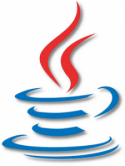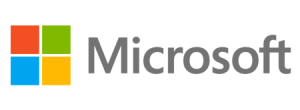I thought about ignoring this one and letting it slide, but it’s too priceless, too typically Microsoft, not to pass on. It seems that Redmond has been inadvertently infecting Windows computers with ransomware through its MSN website. Not to worry, however. The company is happy to hand you a tool to remove the malware, which is akin to locking the door after the horse is gone, as your files will by then be locked up tighter than a waterproof safe.
Christine Hall has been a journalist since 1971. In 2001, she began writing a weekly consumer computer column and started covering Linux and FOSS in 2002 after making the switch to GNU/Linux. Follow her on Twitter: @BrideOfLinux


 Thankfully, the organization’s infrastructure came through just fine, according to Todd Lewis, who is both the chair person for ATO and IT-oLogy’s Executive Director-Columbia.
Thankfully, the organization’s infrastructure came through just fine, according to Todd Lewis, who is both the chair person for ATO and IT-oLogy’s Executive Director-Columbia.
 The article prompted
The article prompted 

 Great. Just great.
Great. Just great.

 The deal created a river of money flowing into Mozilla’s coffers — $138 million in 2011 alone — allowing rapid development of Firefox, proper maintenance of Thunderbird and Bugzilla, and the creation of Firefox OS. Although there was a bit of grumbling from some FOSSers who would’ve preferred a default search engine that was more respectful of user privacy rights, the deal was generally seen as a good thing for the free and open source community.
The deal created a river of money flowing into Mozilla’s coffers — $138 million in 2011 alone — allowing rapid development of Firefox, proper maintenance of Thunderbird and Bugzilla, and the creation of Firefox OS. Although there was a bit of grumbling from some FOSSers who would’ve preferred a default search engine that was more respectful of user privacy rights, the deal was generally seen as a good thing for the free and open source community.
